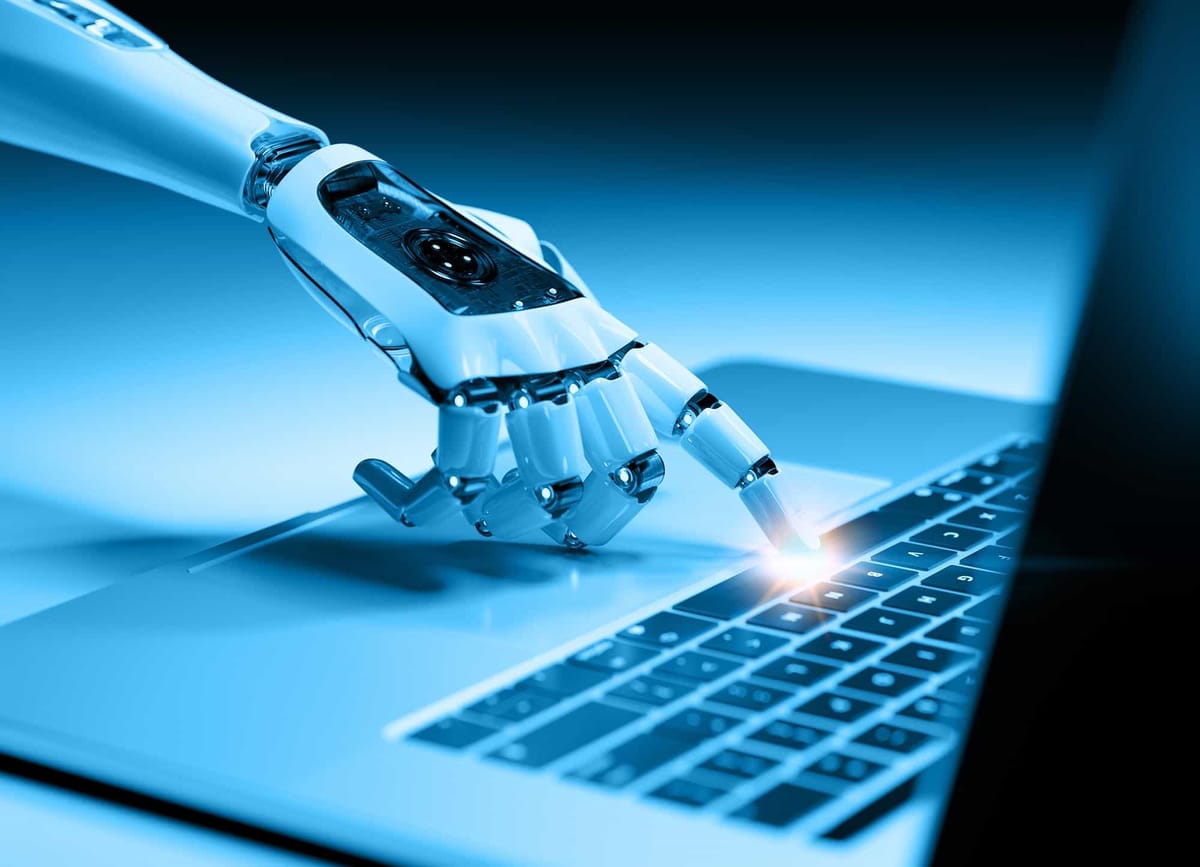Artificial intelligence (AI) redefines the global media landscape and Africa is no exception to this transformation. Between technological promises and complex challenges, African journalism is at a decisive turning point.
AI, an asset for African journalism?
AI offers innovative solutions that transform the African media landscape, allowing richer and reactive coverage of news. Thanks to its ability to quickly analyze large volumes of data and automate content production, it releases the writing of certain repetitive tasks. Local initiatives are emerging, like the Nigerian start-up Stears Business which uses AI to offer precise and personalized economic analyzes.
Faced with the proliferation of false information, which has become a real scourge on the continent, platforms like Africa Check exploit AI to identify and deny fake news.

With an impressive linguistic diversity of hundreds of languages, AI represents an unprecedented opportunity to democratize access to information. Writings use automatic translation tools to offer content in local languages such as Swahili, Hausa and Yoruba, thus strengthening linguistic inclusion. These advances make it possible to reach communities often marginalized by the language barrier, contributing to more inclusive information and accessible to all.
According to a study of markets and markets , the AI market in Africa should grow 23% by 2030, especially in the media and communications sectors. Initiatives like those of Data Science Nigeria show that the continent is organized to adapt these technologies to its local realities and maximize their potential.
AI challenges and limits in African journalism
The integration of AI into African journalism raises complex challenges that call for in -depth reflection. The automation of certain tasks arouses concerns about reducing the workforce in writing. However, Professor Charlie Beckett of the London School of Economics tempers this fear:
Seydou Diakité, journalist in Bamako, testifies to his experience:
However, AI is not exempt from bias, often inherited from the data on which it is trained. This reality can cause partial or oriented media coverage. Seydina Moussa Ndiaye, Senegalese expert in AI, warns:
Digital sovereignty is all the more worrying since the majority of AI tools deployed on the continent come from American or Chinese companies, raising questions about the control of sensitive data. In addition, the development of AI requires solid infrastructure: stable access to broadband Internet, high -performance equipment and advanced digital skills. However, many African countries are struggling to overcome these structural obstacles, thus accentuating inequalities in access to information. The absence of clear regulations framing the use of AI in the media also opens the way to abuse.
Towards an AI adapted to African realities
To maximize the advantages of AI while minimizing its risks, several local initiatives are emerging. In Nigeria, the start-up Data Science Nigeria is developing AI solutions adapted to the needs of African media. Training is also set up to allow journalists to acquire skills in data analysis and IA programming. In Côte d'Ivoire, the virtual university offers a course dedicated to digital journalism and AI.
To avoid drifts, discussions are underway around the creation of a legal and ethical framework to supervise the use of AI in the African media. The African Union even proposed a continental strategy aimed at promoting an inclusive and responsible AI, to which is added the recommendation adopted by UNESCO in 2021 on the ethics of artificial intelligence.
AI represents an immense opportunity for African journalism, but it must be adopted with discernment. The training of journalists, the development of local solutions and the establishment of ethical regulations are all avenues for successful integration of AI into the African media.
Abdoussala Dicko







